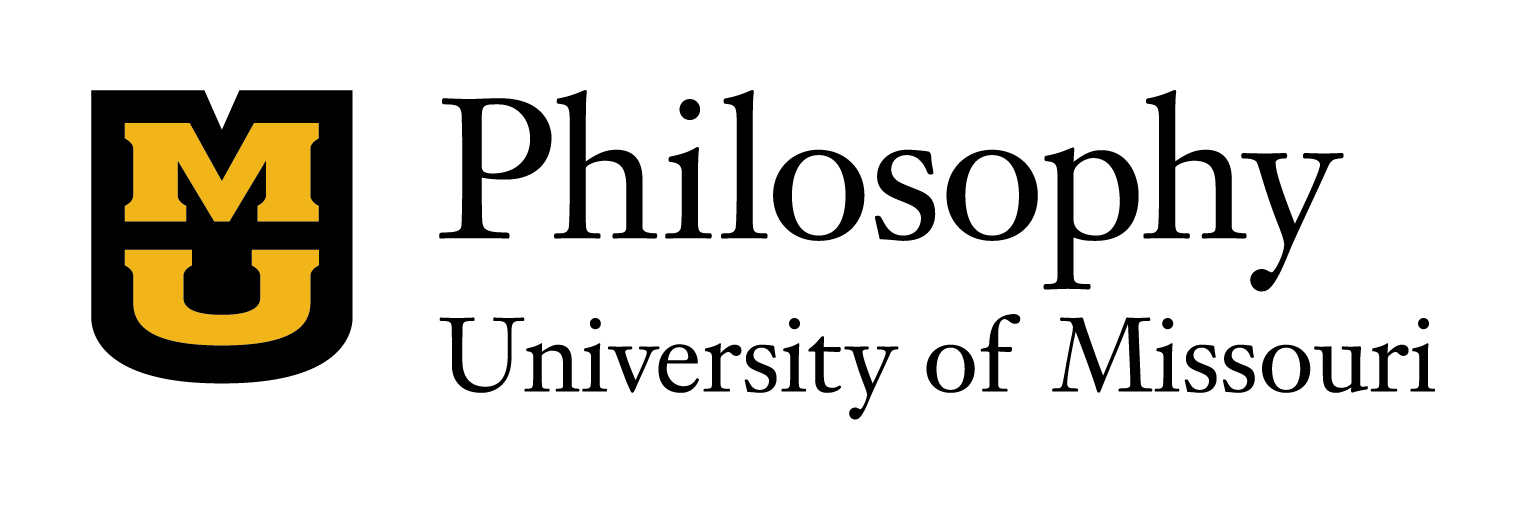Kevin Dorst, "Rational Polarization"
Rational Polarization
Abstract: Predictable polarization is everywhere. When we make decisions about what college to attend, or what books to read, or which friends to hang out with, we can usually predict—not with certainty, but with confidence—that doing so will move our opinions in a particular direction. Could this process be (epistemically) rational? A collection of results establish that it can be if and only if the evidence we get is ambiguous, in the sense that it’s rational to be unsure how to react to it. Thus it’s theoretically possible that a rational sensitivity to ambiguous evidence is what drives predictable polarization. What I want to argue here is that it’s also empirically plausible. I’ll first report the results of a simple experiment illustrating how this can work. I’ll then turn to two empirical phenomena that play a substantial role in real-world polarization: confirmation bias and enclave deliberation. I’ll argue that both processes give rise to particular profiles of evidential ambiguity, and then use simulations to show that such profiles lead to predictable polarization—even amongst people whose goal is to form accurate beliefs.
